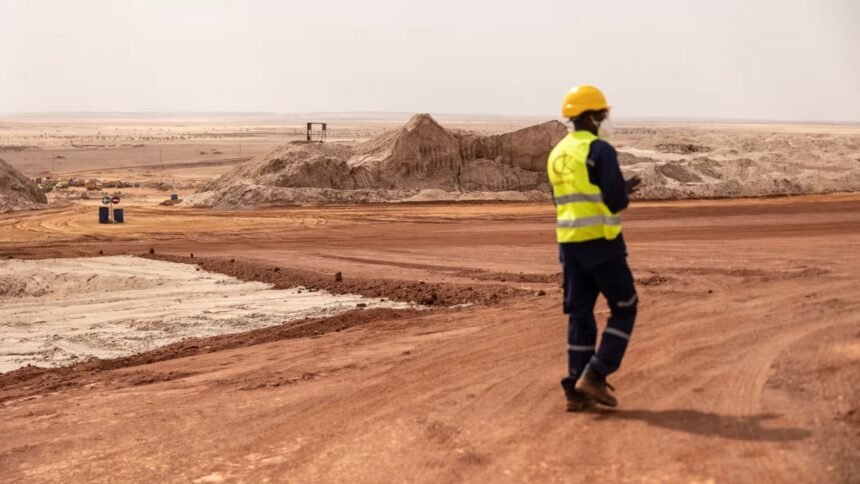Niger’s military government has announced plans to nationalize the Somair uranium mine, currently operated by French nuclear giant Orano, marking the latest escalation in tensions between the West African nation and its former colonial ruler. The decision reflects Niger’s broader shift away from French influence and toward closer ties with Russia since last year’s coup.
The government accused Orano, 90% owned by the French state of exploiting Niger’s resources unfairly, claiming the firm had taken 86.3% of production since 1971 despite holding only a 63% stake in the mine. Niger’s state-owned Sopamin owns the remaining 37%.
“Faced with the irresponsible, illegal, and unfair behavior by Orano, the government of Niger has decided, in full sovereignty, to nationalise Somair,” authorities stated Thursday. The move follows Niger’s 2024 revocation of Orano’s operational control over its three main mines, Somair, Cominak, and the massive Imouraren deposit, one of the world’s largest untapped uranium reserves.
Orano, which has operated in Niger for 50 years, vowed to pursue legal action, saying it would “claim compensation for all damages” and assert rights over existing uranium stockpiles. The dispute adds to ongoing arbitration cases between the company and Niger, including a recent lawsuit over the raid of Orano’s offices and disappearance of its local director.
The nationalization aligns with a growing trend across West Africa’s Sahel region, where military-led governments in Mali and Burkina Faso have similarly moved to assert greater control over mineral resources. Analysts see the moves as part of a broader rejection of former colonial powers in favor of partnerships with Russia, which has expanded its influence through security deals and Wagner Group deployments.
With uranium being crucial for France’s nuclear energy program, which provides about 70% of its electricity, the dispute could have significant repercussions for European energy security. Niger was France’s second-largest uranium supplier before the coup, providing 15% of its needs.
The standoff underscores the shifting geopolitical landscape in Africa’s resource sector, where long-standing Western mining interests face growing challenges from resource nationalism and new international alliances. As Niger consolidates control over its mining sector, the fallout may reshape global uranium supply chains and deepen the rift between Paris and its former sphere of influence.










